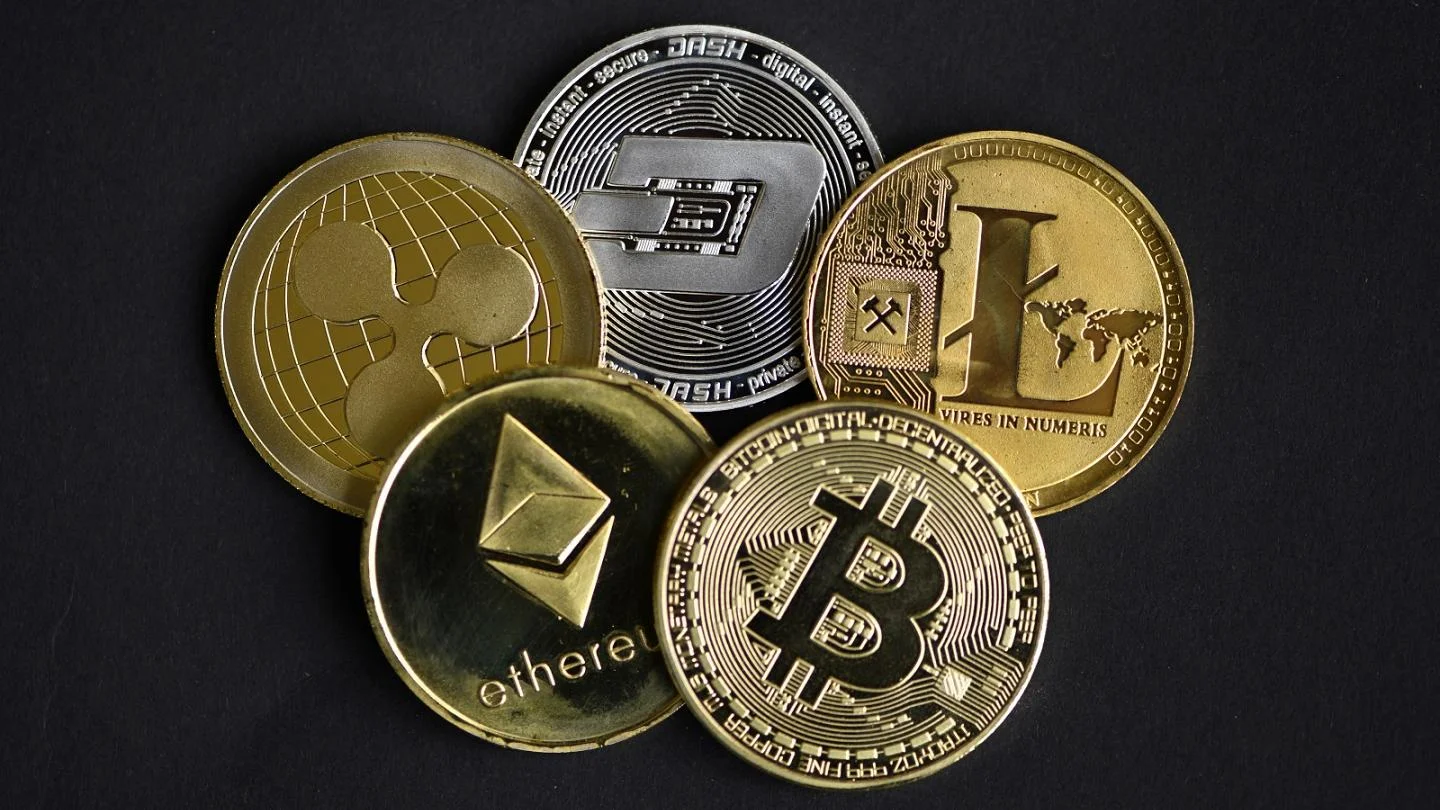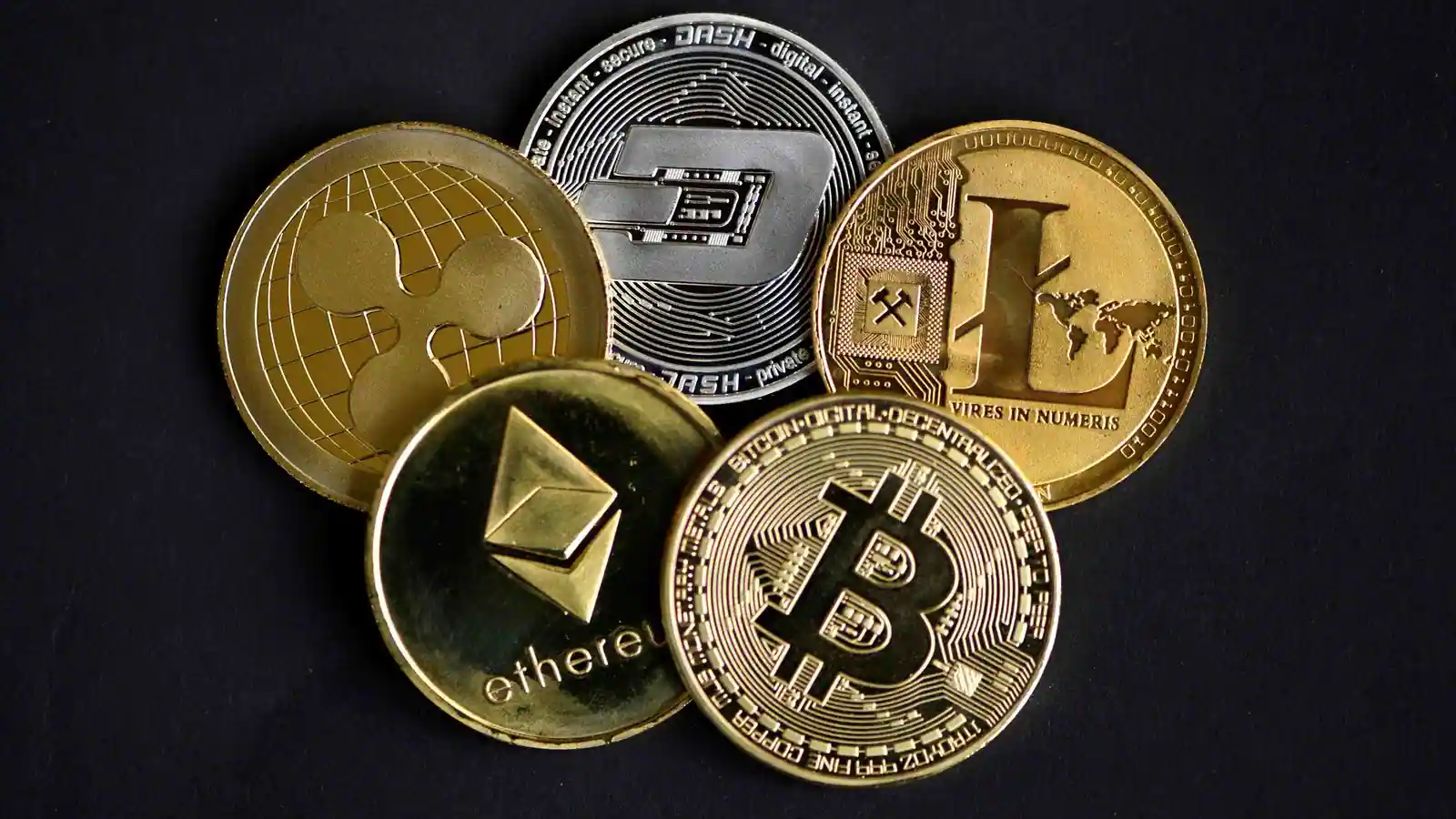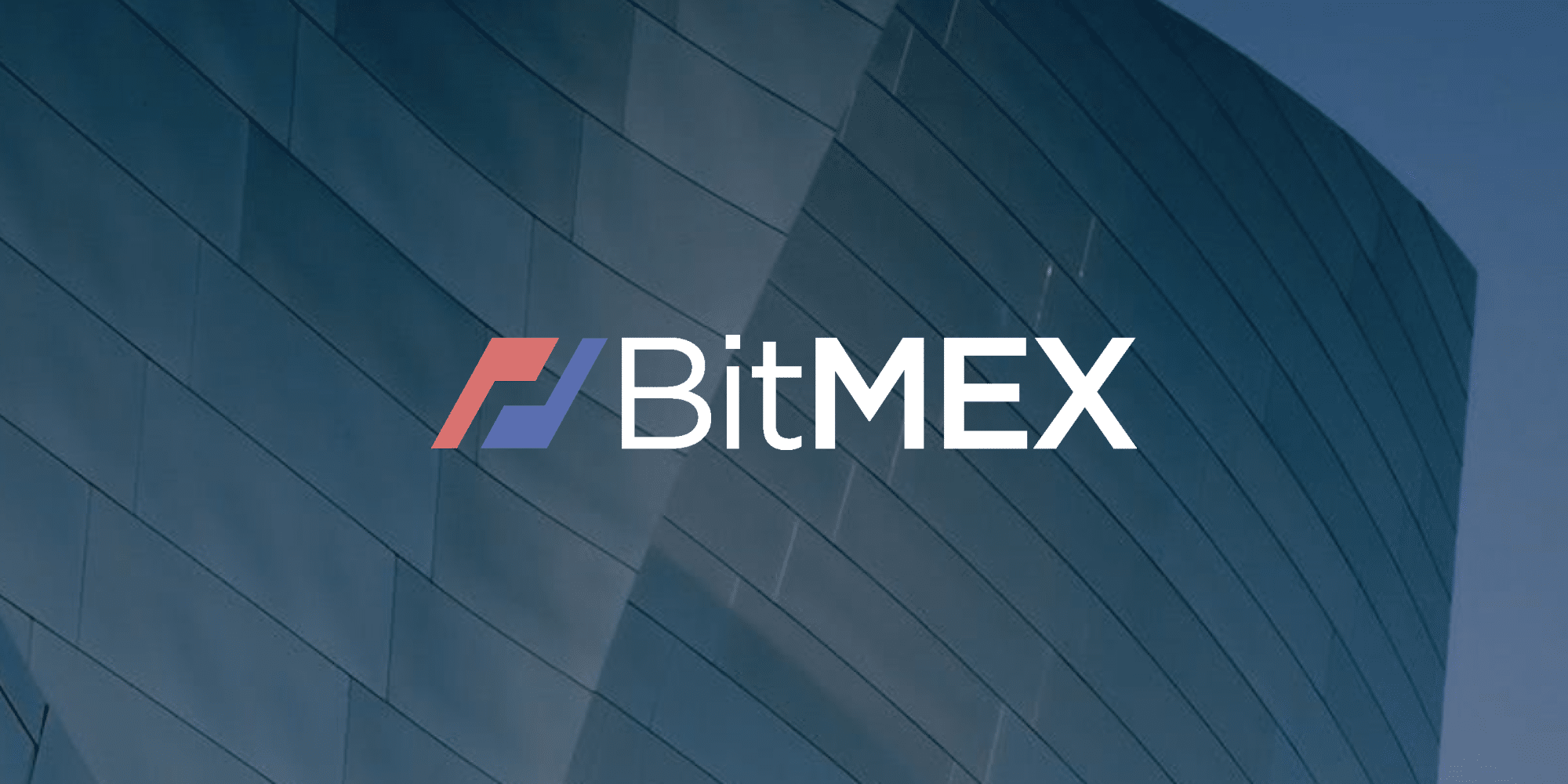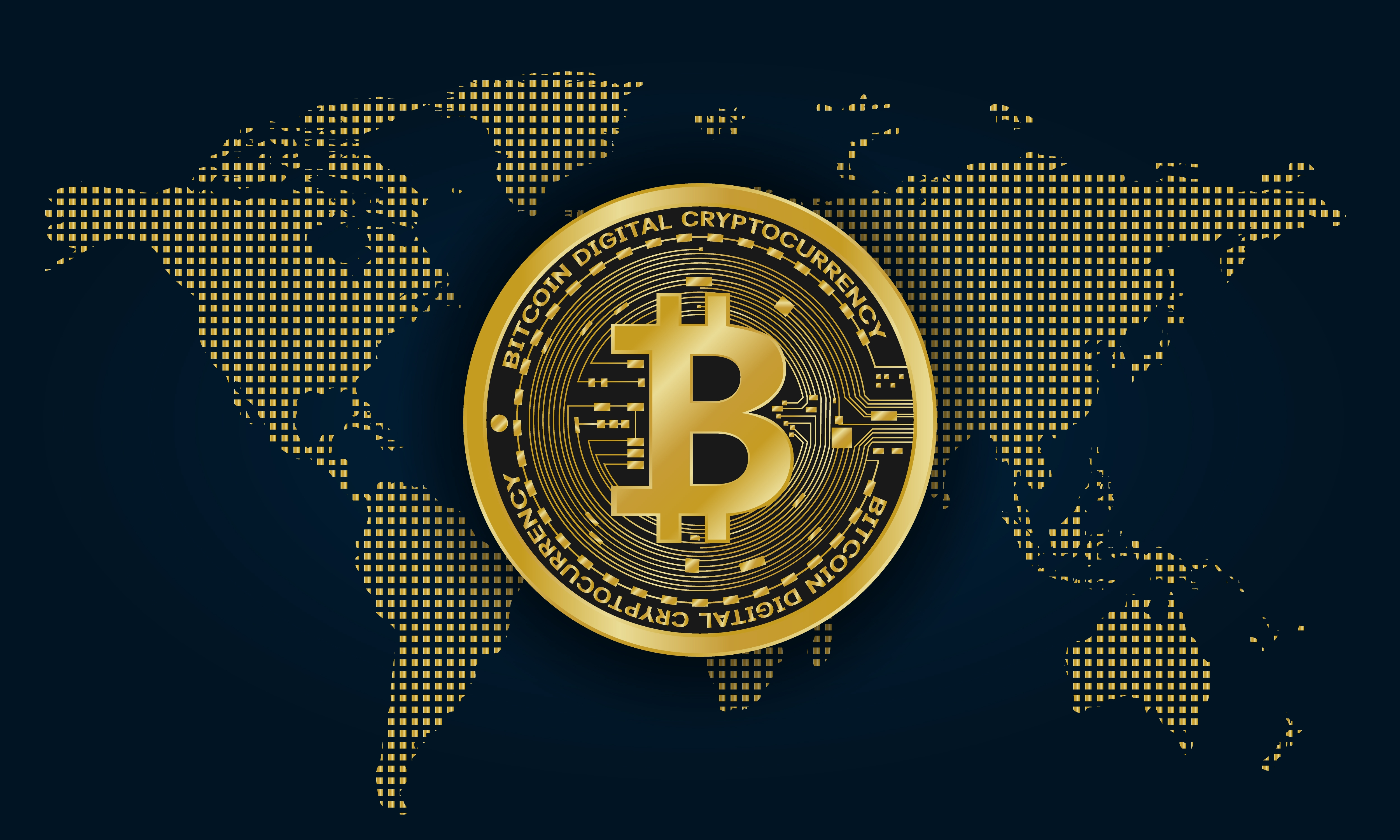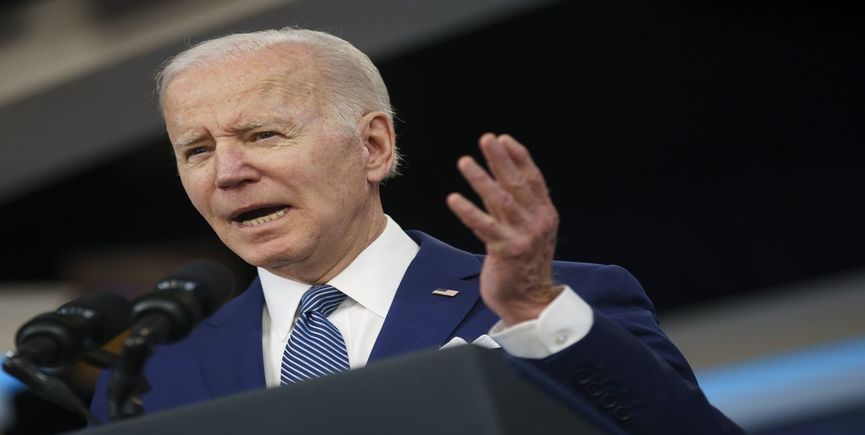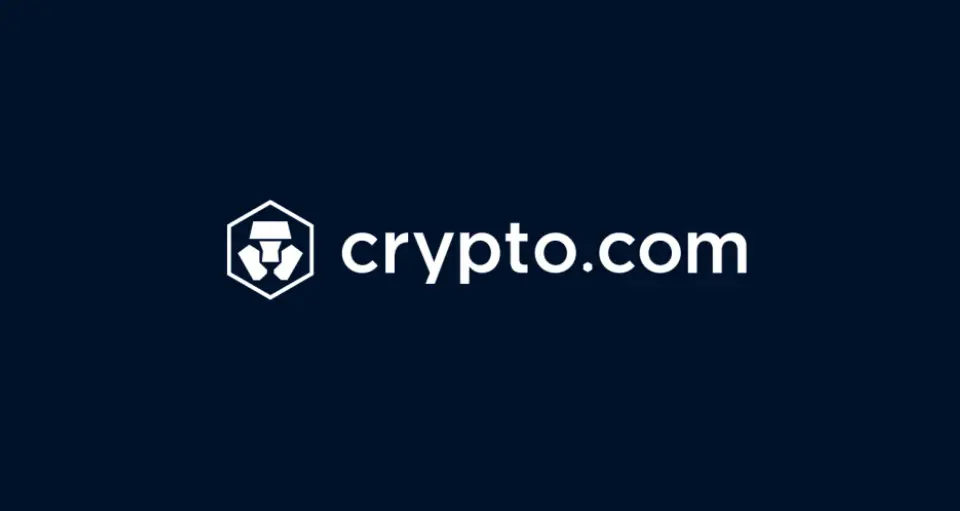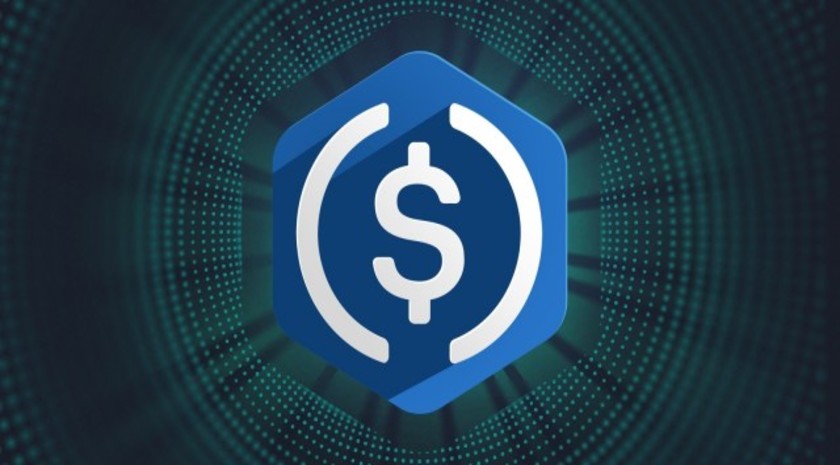
- October 07, 2021
The United States wants to regulate stablecoins first.
It’s recently come to light that the Securities and Exchange Commission of the United States is investigating Circle, a major backer of the popular USDC stablecoin.
Danny Nelson of CoinDesk uncovered the scoop by digging through Circle's paperwork in preparation for a possible IPO. It's unclear what the scope of the watchdog's inquiry, which began last summer, will be. However, the “investigative subpoena” comes at a time when USDC has never been more dangerous.
Circle stated that it had divested itself of all but a few of its "corporate bonds, long-dated commercial paper, Yankee certificates of deposit, and Treasury notes" in its latest attestation from auditing firm Grant Thornton, according to economic pundit and CoinDesk contributor J.P. Koning. This is part of the company's ambition to have USDC backed entirely by US dollars.
The SEC's increasingly strong stance against the bitcoin business is reflected in the subpoena. Chairman Gary Gensler has indicated unequivocally that the vast majority of bitcoin operations are within his jurisdiction. He's asked for crypto exchanges to register with the SEC, which has increased its enforcement and investigations of a variety of crypto companies.
Stablecoin regulation, which has grown to a $130 billion sector, is a puzzle with a few missing pieces. They're an important part of a thriving crypto economy. However, many outside observers are concerned about the systemic risk that stablecoins provide to the greater economy. Gensler has compared “stable-value coins” to casino chips on several occasions, claiming that they have the potential to “undermine established financial systems if... not brought under the remit of banking.”
Issuers take in and store deposits in a method that resembles banking to create these fiat-pegged tokens. Prepaid gift cards are another useful illustration. However, according to the SEC's top cop, stablecoin issuers "may look a lot like a money market fund" depending on how they operate. Chairman of the Federal Reserve, Jerome Powell, has done the same. So, what did the crypto business produce in this case: digital currencies, securities, and commodities?
Senator Cynthia Lummis (R-Wyo.), a pro-crypto supporter, has advocated for frequent audits of stablecoin issuers. A presidential working group has hinted that the sector may be regulated in the same way that banks are regulated. And, as CoinDesk reported yesterday, the Federal Deposit Insurance Corp. is looking into whether certain stablecoins would be eligible for deposit insurance, which would provide token holders with up to $250,000 in protection if something went wrong.
All signs lead to stablecoin issuers becoming more integrated into the banking sector, if not becoming quasi-banks in their own right. The issuers appear to prefer this arrangement.
Circle is currently regulated as a money transmitter by the state, following the same licence requirements as PayPal and Square. However, it is in the process of applying to become a national crypto bank, bringing it under the jurisdiction of the Federal Reserve, the Treasury Department, the Office of the Comptroller of the Currency (OCC), and the Federal Deposit Insurance Corporation (FDIC). Another issuer, Paxos, is attempting to emulate a bank.
“Stablecoins perform differently than PayPal, and as a result, they should be governed differently. Payments can be made with either. Stablecoins, on the other hand, are frequently used as collateral or building blocks for other financial instruments. "With PayPal balances, this never happens," Koning wrote the day before.
Stablecoins are, in that sense, more than money — they're programmable money! There is a distinction between the tokens and the issuers. It's excellent that Circle is becoming a bank, that the US government is insuring its savings, and that there is more openness across the board. However, the rules must be flexible enough to prevent the tokens' utility from being stifled.
The blockchain distinguishes stablecoins from other digital currencies. USDC is a cryptocurrency that runs on the Ethereum public network. According to CoinDesk's Nathan DiCamillo, "theoretically anyone with a crypto wallet that hasn't been banned can receive stablecoins from and transfer them to other wallets." This is significant both in terms of financial inclusion and in the dynamic world of decentralised finance (DeFi), where stablecoins play a key liquidity role.
In some ways, stablecoin regulation is further ahead than any other subsector of the crypto economy, despite the fact that it is not yet on the books. The amount of effort being put into defining these tokens and determining where their issuers fit into the system is astounding. Despite its efforts to incorporate itself into the financial system, Circle has been subpoenaed, which is concerning.
Whatever the outcome of the regulator debate is, it will assist to clarify the situation for crypto in general. Stablecoins are the clearest example of the interaction of securities, commodities, and currency legislation. Even if Circle becomes a boring old bank, the rules governing the tokens should reflect that.

